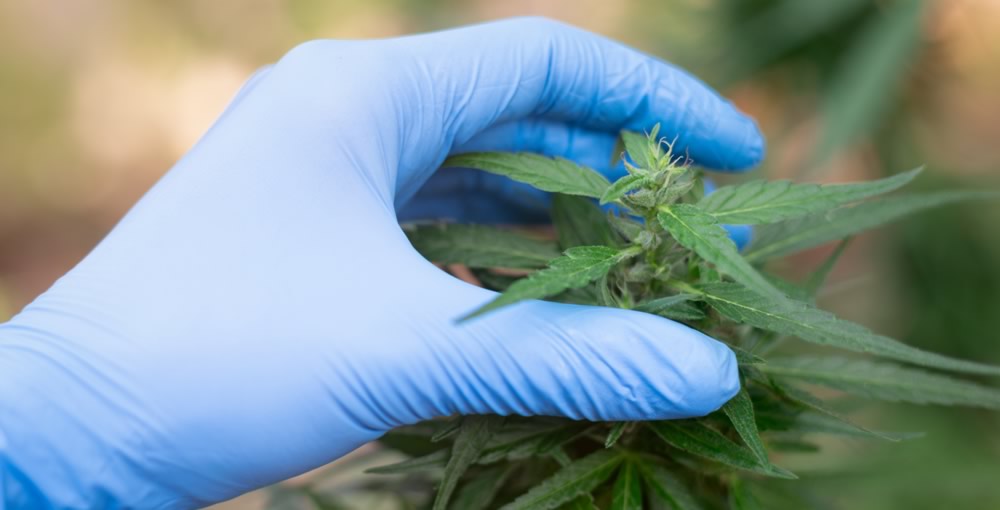Texas’ new medical marijuana rules may create haziness for employer drug testing programs
December 3, 2021

On September 1, Texas’ expanded its statute regarding medical-use low-THC cannabis.
The new statute increased the number of medical conditions that could be prescribed medical marijuana to include post-traumatic stress disorder and all forms of cancer.
An expansion of the Texas Compassionate Use Program (CUP) that was established in 2015, the new statute signed into law by Texas Governor Greg Abbott also doubles the amount of permissible THC in low-THC cannabis products from one-half percent to one percent.
Medical use of these substances is limited to swallowing, not smoking, the prescribed dose of low-THC.
How does this impact employer drug testing programs in Texas?
While a user of “low-THC cannabis” should not feel “high,” THC does stay in the body for days or weeks, and frequent use over time may cause a positive drug test result.
The Texas statute remains quite restrictive and provides no employment protections to applicants or employees, but this expansion significantly broadens the scope of eligible medical conditions.
Texas employers should be prepared for a corresponding rise in accommodation requests from users of low-THC cannabis for medical purposes.
Medical conditions covered under CUP include:
- Epilepsy
- Seizure disorders
- Multiple sclerosis
- Spasticity
- Amyotrophic lateral sclerosis
- Autism
- Terminal cancer
- An incurable neurodegenerative disease like vascular dementia, Alzheimer’s, or Parkinson’s Disease.
Patients prescribed low-THC medical cannabis must be a permanent Texas resident and receive their prescription from a certified CUP physician. There is no age limit for prescriptions. Those under the age of 18 may need a legal guardian.
Does the federal government still consider marijuana use illegal?
Although 18 states, two territories and the District of Columbia have legalized recreational marijuana and 36 states have legalized medical-use cannabis, the federal government still considers marijuana use of any kind illegal. Marijuana is recognized as a Schedule 1 substance under the federal Controlled Substances Act of 1970.
Those employees who perform safety sensitive functions in transportation, like truck drivers, bus drivers, and heavy equipment operators must follow the Federal Department of Transportation drug testing guidelines.
Employers need to stay informed about the ever-changing landscape of marijuana and its derivatives, ensuring their company’s substance abuse policy language clearly reflects their position on marijuana and the use of CBD products.





